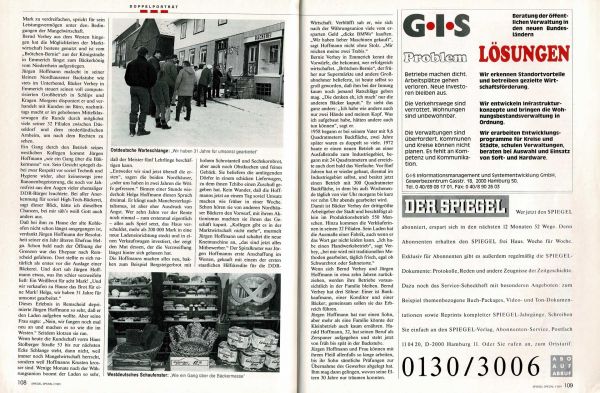For-profit vs. Non-profit.
When I travelled to Germany a few years ago, I parked my car at the local airport, went inside, and asked at the information-counter if the airport had deposit-boxes where I could leave a car-key and personal papers until I returned. The airport had no such place. I wasn't looking for freebies. I just didn't want to put the car-key in my luggage, or carry it half-way across the globe in my pocket, and risk losing it along the way.
On another occasion, I parked my car at a hotel before a flight to Germany, and asked a hotel clerk if the hotel could hold my car-key for me. "Of course, sir!" was the enthusiastic answer. They had a strong-room with safety-deposit boxes for their guests' convenience. I gave the clerk the articles that I wanted stored, he swiped my credit-card, and it was done.
These two interactions expose the basic difference between non-profit or state institutions, and for-profit institutions. State institutions have a monopoly, so they have no incentive to do a better job or improve services. They have the monopoly, so take it or leave it. Their employees do their jobs and go home. Can you imagine an airport advertisement? "If you don't use us, what are you gonna do, walk?" They don't think in terms of profit. They employ lobbyists in the legislature to get them the budget they need to keep going.
For-profits, on the other hand, have to make more money than they spend, so they go the extra mile. They do anything they can to improve the cash-flow. Their disposition is oriented toward consumer services. And if your business does not go the extra mile, another one will, and will put you out of business.
My sister visited France years ago as a student to learn the language. One day, she waited in line at the post office, behind three other people, to get some stamps and mail some letters. The post office clerk waited on the person in front of her. Then, before my sister had a chance to speak, he slammed the window shut in her face and went to lunch. A private businessman may indulge in behavior like that—at his peril, because another business will offer customers the civility he lacks.
We associate long wait-times and curt treatment with government services. As a German speaker, I also associate long lines and wait-times as the norm for East Germans during the Soviet-era—when the government owned everything: the bakeries, sweet-shops, pharmacies, lumber-yards, and so on. The same negative principle did its work on the population.
With no profit involved, the shops had no personal involvement in the shopping experience. They sat in their meagre, government-owned shops, waited for the daily shipments of bread and potatoes from the state-owned warehouse, and did little for the poor customer.
Some days, the desired products arrived. Other days, they didn't. East Germans had no choice but to tolerate periodic scarcity as a matter of course. Americans need to realize that when they complain about government services at a local airport or at a driver's license bureau, they don't want to bark up the wrong business-model. Private businesses give better service because they have to go head-to-head with their competitors, so they have to get people in and out in a hurry.
People like me believe private capital works better than government capital. Government money is just money spent. Private capital is money invested to make a profit. The more money available for investment, the bigger the pay-out for all of us. Businesses have to engage in constant innovation and reorganization to keep up, something government services don't have to worry about.
The U.S. stock markets and business environment are the silent voter-blocs of our political system. They do not vote, but reveal their clout during election time, and woe to the politician who ignores them, Republican or Democrat.

